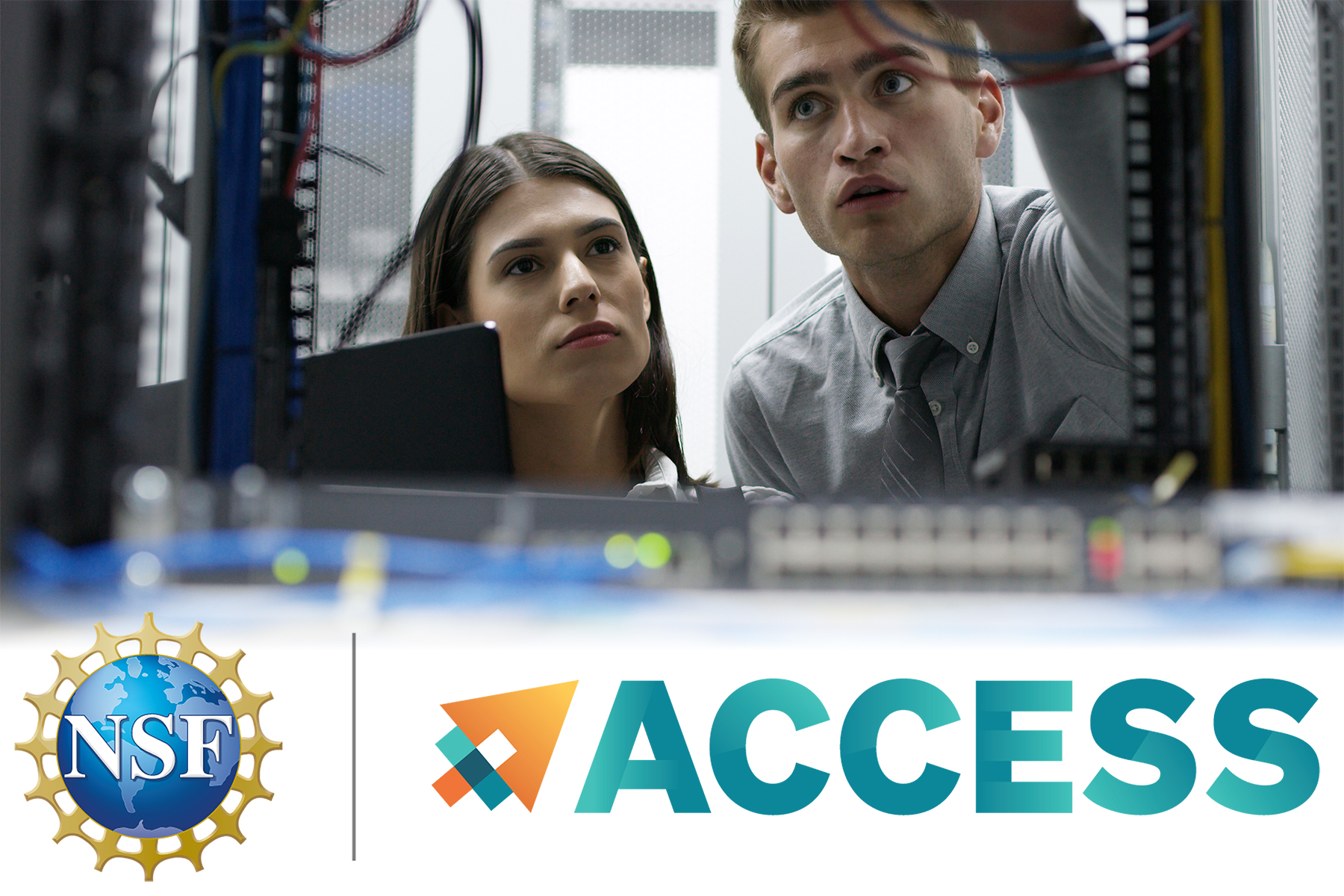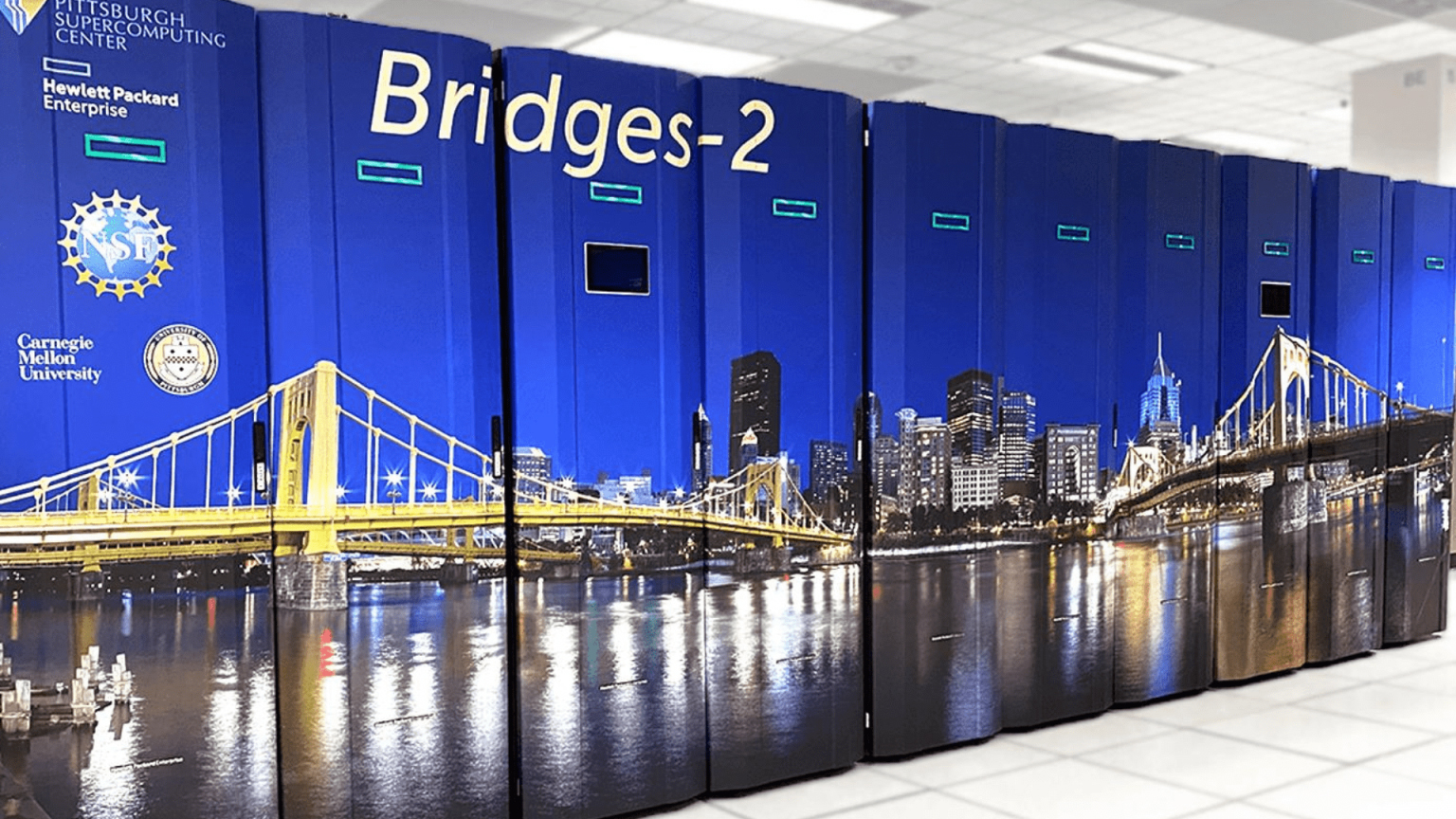The Metrics of Student Success
REU interns spent time embedded with the ACCESS Metrics Team. We spoke with them about their experience.

REU interns spent time embedded with the ACCESS Metrics Team. We spoke with them about their experience.

FAMU team uses ACCESS resources for clean energy and fuel generation studies

Spelman College team uses multiple ACCESS supercomputers to examine marine amoeba

ACCESS resource, Bridges-2, helps scientists create versatile tools on the molecular level.

Expanding on a long legacy of success, the Texas Advanced Computing Center announces the newest supercomputer in the Stampede line.

Researchers from UC San Diego study water phases with the help of ACCESS resources at NCSA and SDSC

With the help of ACCESS resource Expanse, researchers at the University of Illinois at Urbana Champaign have been studying how to create some of the tiniest motors ever invented with inspiration from biological systems like DNA.

DeltaAI will triple NCSA’s AI-focused computing capacity and greatly expand the capacity available within the ACCESS ecosystem.

ACCESS resource Stampede2 helps researchers trace the path of electrons

The ACCESS Operations team shares its first-year accomplishments.